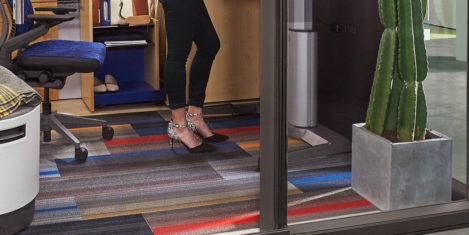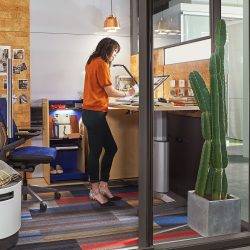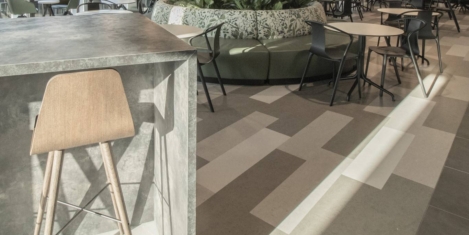To provide the best experiences, we use technologies like cookies to store and/or access device information. Consenting to these technologies will allow us to process data such as browsing behaviour or unique IDs on this site. Not consenting or withdrawing consent, may adversely affect certain features and functions.
The technical storage or access is strictly necessary for the legitimate purpose of enabling the use of a specific service explicitly requested by the subscriber or user, or for the sole purpose of carrying out the transmission of a communication over an electronic communications network.
The technical storage or access is necessary for the legitimate purpose of storing preferences that are not requested by the subscriber or user.
The technical storage or access that is used exclusively for statistical purposes.
The technical storage or access that is used exclusively for anonymous statistical purposes. Without a subpoena, voluntary compliance on the part of your Internet Service Provider, or additional records from a third party, information stored or retrieved for this purpose alone cannot usually be used to identify you.
The technical storage or access is required to create user profiles to send advertising, or to track the user on a website or across several websites for similar marketing purposes.
 Picture a workplace where everyone follows rigorous to-do lists. Employees are told what to do, how long to spend on it, and in what order to tackle their projects. Then, picture a workplace where there are no to-do lists, no project deadlines, and no estimations of how long projects will take. Employees tackle work in the order they choose, when they feel like doing it. Which workplace do you think will be more successful?
Picture a workplace where everyone follows rigorous to-do lists. Employees are told what to do, how long to spend on it, and in what order to tackle their projects. Then, picture a workplace where there are no to-do lists, no project deadlines, and no estimations of how long projects will take. Employees tackle work in the order they choose, when they feel like doing it. Which workplace do you think will be more successful?

































March 18, 2019
Artificial Intelligence is transforming the workforce as we know it
by Dennis Spaeth • AI, Comment, Technology
(more…)